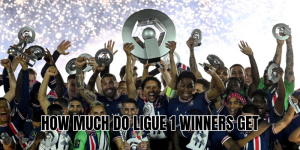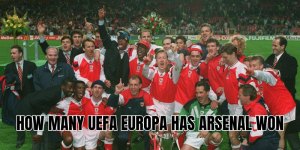In 2014, the world watched one of the most dramatic FIFA World Cup finals in history—and Germany were the ones who came out on top. They beat Argentina 1-0 after extra time in the final match held at the Maracanã in Rio de Janeiro. The decisive moment? Substitute Mario Götze sprung into action to volley home in the 113th minute, handing Germany their fourth World Cup title and first since reunification.
Below, ModiFoot walks you through how that final played out, the road both teams took to get there, standout stars and records—and why the 2014 World Cup final remains unforgettable.
Germanyoric win
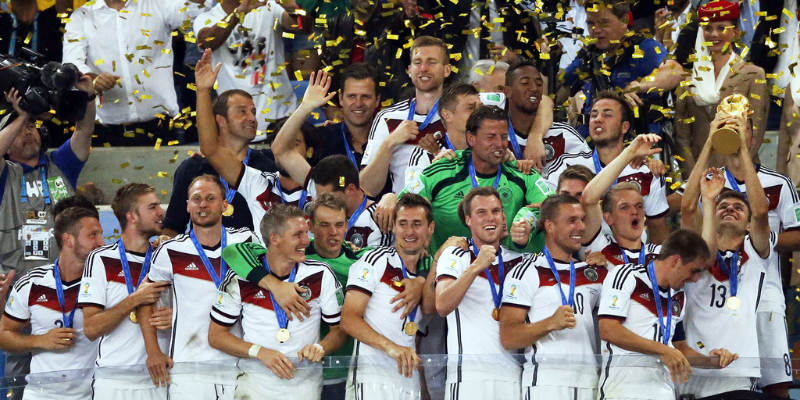
Germany’s triumph in 2014 was more than just lifting a trophy—it was a moment that stitched together years of buildup, tactical evolution, and sheer determination.
- It was Germany’s fourth World Cup title (after 1954, 1974, 1990), and the first as a unified nation.
- They were also the first European squad ever to win a World Cup held in the Americas, putting an exclamation point on their strategic growth.
- The winning goal came in extra time—not during penalties—adding to the intensity.
Road to the final: Germany vs Argentina
Both Germany and Argentina had tough paths to the World Cup final. Here’s how each side made it.
Germany’s journey, Germany showed consistency and firepower:
- Group Stage: They topped Group G, with wins over Portugal and USA, and a draw with Ghana.
- Knockouts:
- Round of 16: Germany edged out Algeria in extra time.
- Quarter-final: Beat France.
- Semi-final: What a spectacle—Germany thrashed host nation Brazil 7-1. It’s one of the most shocking defeats in World Cup history.
Argentina’s journey
Argentina, led by Lionel Messi, showed grit and defensive strength to reach the final:
- Group Stage: They won all three of their group matches.
- Knockouts:
- Round of 16: Defeated Switzerland.
- Quarter-final: Beat Belgium.
- Semi-final: A tense match with the Netherlands, settled in penalties after a goalless game.
The 2014 Final: Germany 1-0 Argentina (AET)
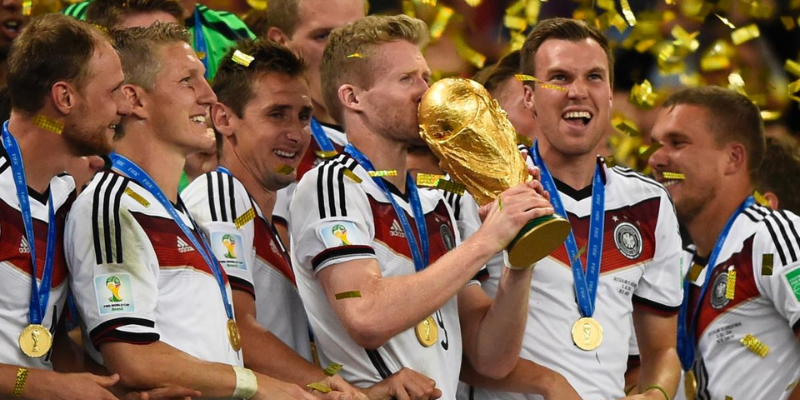
Here’s a moment-by-moment look at how the final match played out—tight, tense, and decided in the dying minutes:
- The match was held on July 13, 2014, at the Maracanã Stadium, Rio de Janeiro. ~75,000+ fans in attendance.
- First half: Few clear chances. Argentina’s Gonzalo Higuaín missed a big opportunity. Germany hit the woodwork via Benedikt Höwedes just before halftime.
- Second half: Messi tried to break the deadlock. Manuel Neuer kept Germany in it with several key saves. Germany had some chances but couldn’t convert.
- Extra time: The match looked headed for penalties. Then André Schürrle danced down the left flank, delivered a cross, and Mario Götze, who had just been subbed on, chested it down and volleyed home in the 113th minute. Pure magic.
Key players and moments
Every World Cup final has its stars. 2014 was no different.
- Mario Götze became an instant legend—his decisive goal in extra time will forever be etched in German football lore.
- Lionel Messi, awarded the Golden Ball, was often eliminating defenses all tournament long, though luck wasn’t entirely on his side in the final.
- Manuel Neuer stood tall in goal for Germany, pulling off crucial saves under pressure—especially when Argentina looked dangerous.
Records & legacy
The 2014 World Cup final wasn’t just about one match—it set or broke several records, and its legacy echoes in global football.
- Miroslav Klose became the World Cup’s all-time top scorer during Germany’s 7-1 demolition of Brazil in the semi-finals.
- Germany’s win in 2014 marked the first time in history a European team won a World Cup held in the Americas.
- It also broke a long wait since Germany’s last title (1990), yet showed the strength of their football development over that period.
Why 2014 final still matters
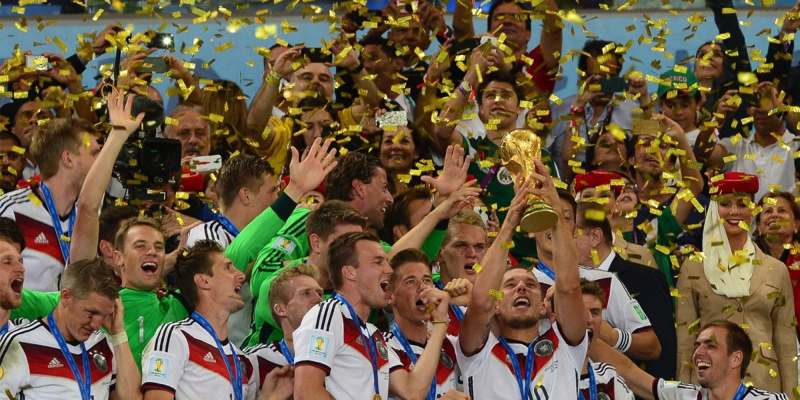
This match is often called one of the greatest World Cup finals for good reason:
- It had tension, strategy, missed chances—just enough drama to keep fans on edge.
- The stakes were enormous: both Argentina and Germany chasing history, Messi seeking glory, Germany balancing patience with tactical precision.
- The final goal came late,. Götze’s heroics are one of those moments that define tournaments.
- It also shifted narratives: European dominance extended (third consecutive World Cup by a European team), and it raised discussions about how football evolves globally.
Conclusion
Who won World Cup 2014? Germany did—edging Argentina 1-0 in extra time thanks to Mario Götze’s unforgettable 113th-minute strike. It was their fourth world title, and a victory that signaled decades of strategic planning, talent development, and the thrill that comes when legends are made in the final moments.
Want to dive deeper? ModiFoot encourages you to explore player stats, watch highlight reels of Götze’s goal, and compare this final with other classic finals like 1986, 1990, or 2018. Stay tuned for more breakdowns and stories that bring the magic of football to life!

